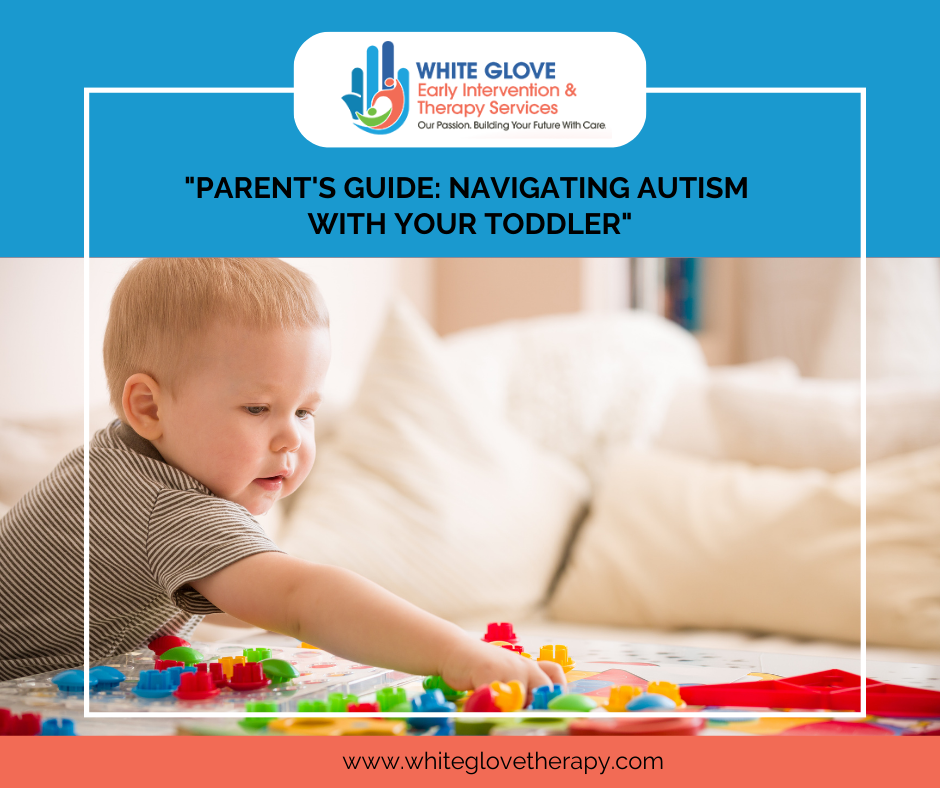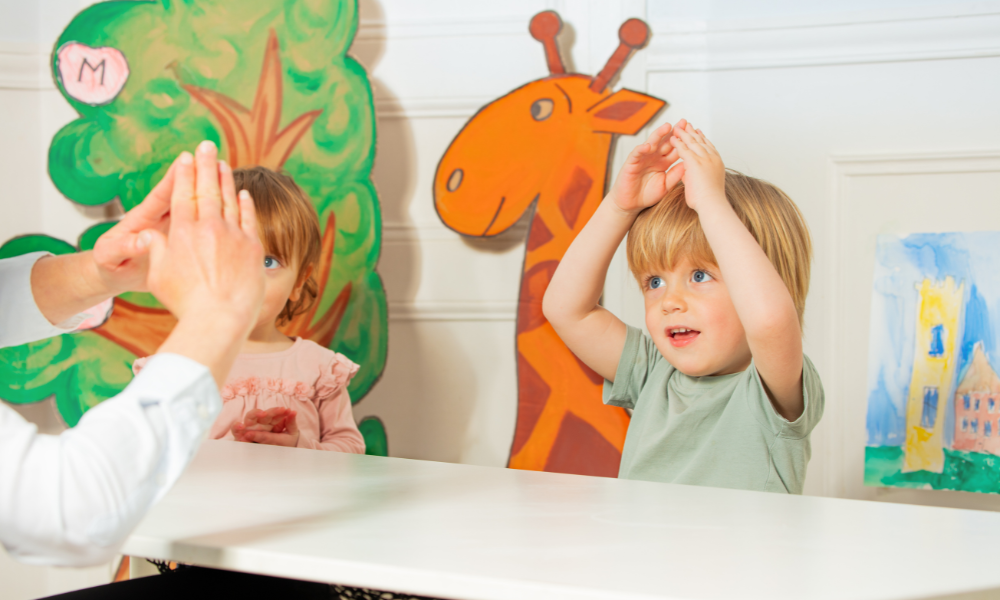Parenting is an incredible journey filled with joy, challenges, and countless learning experiences. However, when you suspect that your toddler might be on the autism spectrum, the journey takes on a unique set of considerations. Understanding and supporting a child with autism requires a different approach, and as a parent, being equipped with knowledge and resources can make a significant difference in your child’s development and overall well-being.
Early Signs of Autism:
Recognizing the early signs of autism is crucial for intervention and support. While every child is unique, some common red flags may indicate the need for further evaluation. Pay attention to social communication skills, repetitive behaviors, sensory sensitivities, and delays in speech or language development. If you observe these signs, it’s essential to consult with a healthcare professional for a comprehensive assessment.
Early Intervention:
Early intervention is key when it comes to supporting toddlers with autism. Seek assistance from professionals such as pediatricians, developmental psychologists, and speech therapists to create an individualized plan for your child. The earlier you can address potential challenges, the better equipped your child will be to navigate the world with confidence.
Creating a Supportive Environment:
Understanding and adapting your toddler’s environment is crucial for their comfort and development. Children with autism may have sensory sensitivities, so consider the lighting, noise levels, and textures in their surroundings. Creating a structured and predictable routine can also provide a sense of security for your child.
Communication Strategies:
Communication is often a significant challenge for toddlers with autism. Explore alternative communication methods such as visual schedules, picture cards, and social stories to enhance understanding. Consistent and clear communication will help your child navigate social interactions and express their needs.
Building Social Skills:
While socialization might be challenging for toddlers with autism, it is essential to work on developing social skills. Encourage social interactions through playdates, structured activities, and therapies that focus on building communication and socialization. Be patient and celebrate small victories, as progress may come gradually.
Collaborating with Professionals:
Collaboration with a team of professionals is crucial for your toddler’s development. Work closely with speech therapists, occupational therapists, and behavioral therapists to create a comprehensive plan tailored to your child’s unique needs. Regular communication with your child’s educators and caregivers will also ensure consistency across various environments.
Self-Care for Parents:
Caring for a toddler with autism can be emotionally and physically demanding. It’s essential for parents to prioritize self-care and seek support when needed. Joining support groups, connecting with other parents facing similar challenges, and taking breaks when necessary are vital aspects of maintaining your well-being.

Navigating the world with a toddler on the autism spectrum requires patience, understanding, and a commitment to providing the best possible support. By recognizing early signs, seeking early intervention, creating a supportive environment, implementing communication strategies, building social skills, collaborating with professionals, and prioritizing self-care, parents can empower their toddlers to thrive despite the challenges associated with autism. Remember that each child is unique, and with the right resources and support, your family can embark on this journey with confidence and resilience.















































